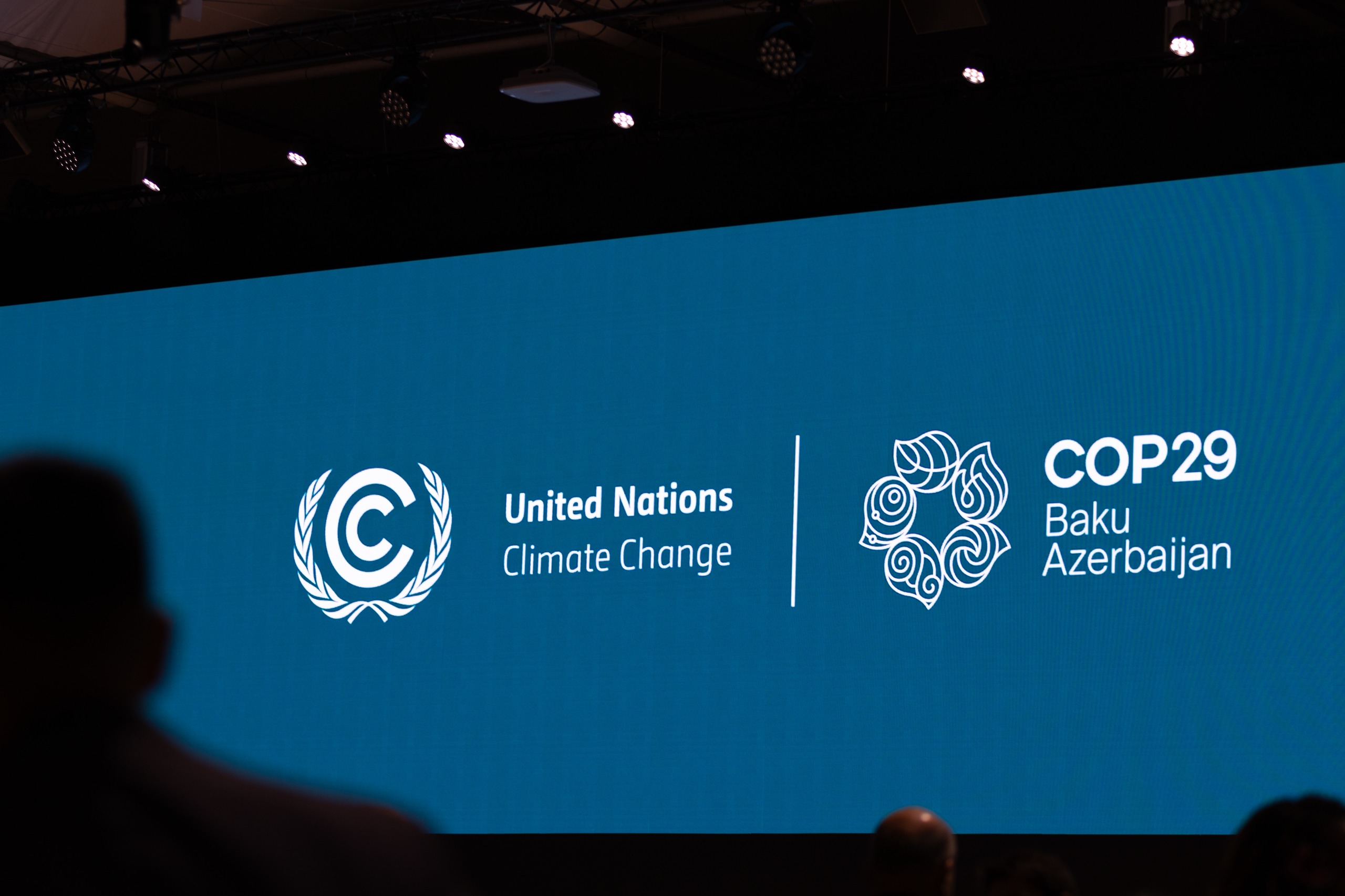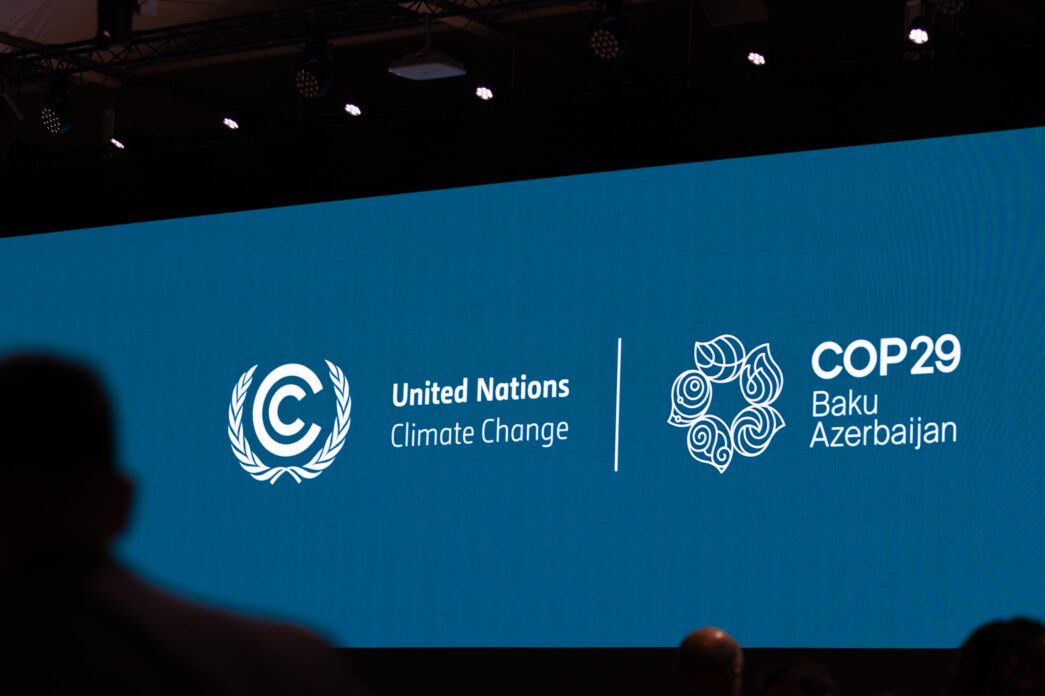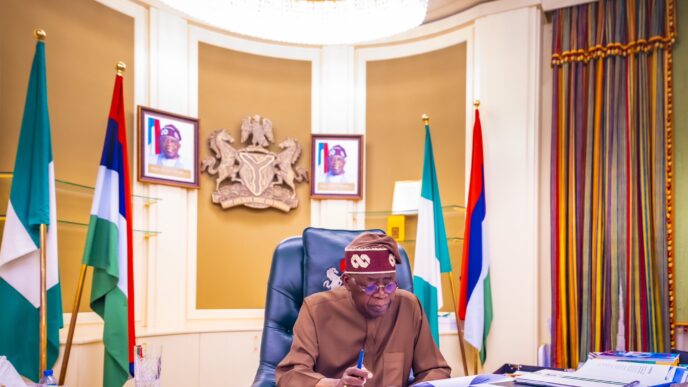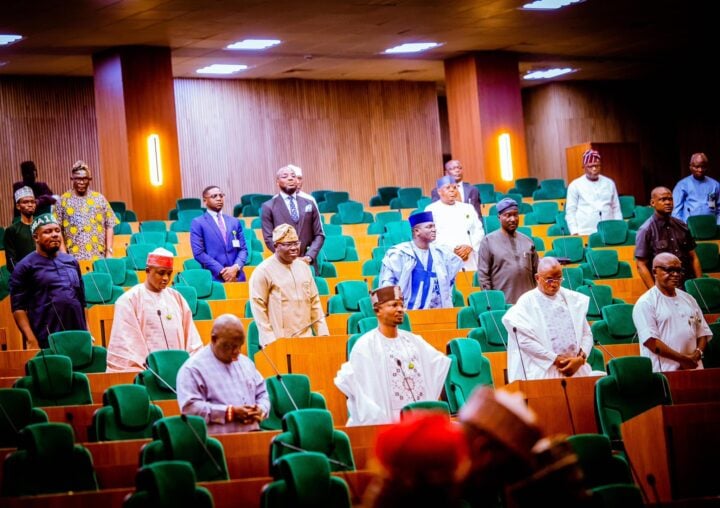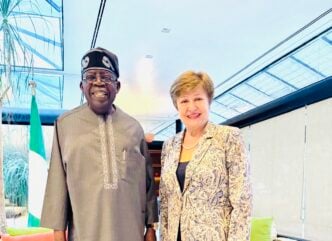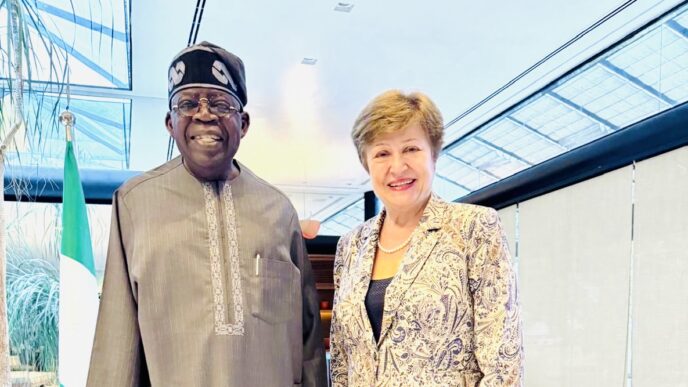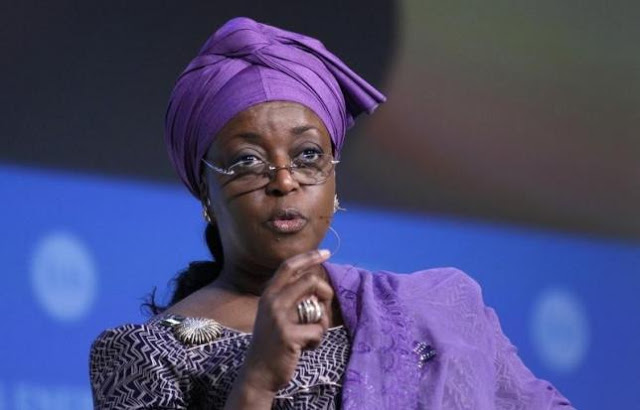A proposed climate finance deal has been rejected by many developing countries attending COP29.
The draft, presented barely 24 hours before the expected strike of the COP president’s gavel, has left delegates puzzled by its failure to specify the annual amount developed countries are willing to commit to support developing nations.
Developing nations have been demanding for a $1.3 trillion new collective quantified goal (NCQG).
Reacting to the development, Ali Mohamed, chair of the African group of negotiators, said the draft lacks specific numerical figures for the proposed mobilisation goal.
Advertisement
Mohamed noted that while the text has been streamlined, it remains far from the finance goal, urging developed nations to fulfil their obligations with some urgency.
“The elephant in the room, however, is the lack of a quantum proposal, and the text does not specify numerical figures for the proposed mobilisation goal, or for the provision element, despite a common position from the G77 and China on a $1.3 trillion annual mobilisation goal,” Mohamed said.
He added that while world leaders speak of doubling adaptation funding, the target remains unmet and would merely close five percent of the global adaptation gap.
Advertisement
“Africa needs $52.7 billion annually by 2030 for adaptation, yet we receive less than 25 percent of it. Worse, 65 percent comes as loans – forcing our nations to take on debt for a crisis we didn’t create. This is not just morally wrong, it’s economically short-sighted,” he said.
“Every $1 invested in making infrastructure resilient saves US$4 in reconstruction. A $1.8 trillion investment could generate $7.1 trillion in benefits by 2030.
“To the international community: Triple, don’t double, adaptation funding by 2025. Shift from loans to grants. Act now because every day of delay makes our challenge more expensive and more difficult.
“This is the reason we are here, identifying a Quantified Goal, but we are no closer and we need the developed countries to urgently engage on this matter.”
Advertisement
Mohamed Adow, director of Power Shift Africa, described the new text as a “blank cheque” while urging developed countries to put an actual figure on the table.
“The elephant in the room is the lack of specific numbers in the text. This is the ‘finance COP’. We came here to talk about money. You measure money with numbers. We need a cheque but all we have right now is a blank piece of paper,” Adow said.
“The text includes some important signals on grant based financing, and the need to avoid debt inducing instruments.
“Developed countries now urgently need to fill in the blanks and put their finance card on the table to move the negotiations forward.”
Advertisement
Fred Njehu, pan-African political strategist at Greenpeace Africa, said the NCQG document is a “missed opportunity” to make polluters pay for the destruction they have caused.
“While the principle of ‘polluter pays’ is mentioned, there are no enforceable mechanisms to ensure that fossil fuel corporations contribute to climate action,” Njehu said.
Advertisement
“The voices of 10,000 Africans who signed our petition demand real action, not just acknowledgements, bracketed texts and unagreed options without actual figures.”
Lamfu Yengong, forest campaigner at Greenpeace Africa, said the new draft is “unacceptable” given the dire climate change impact bedevilling the continent.
Advertisement
“African communities are on the frontlines of the climate crisis, yet the ambition on climate finance commitments is inadequate,” Yengong said.
Reporting by Janefrances Chibundu and Deborah Bodunde
Advertisement
